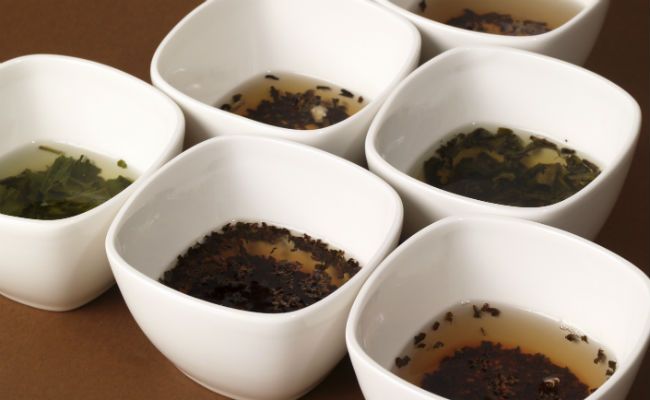If you are an avid DIYer and a fan of aromatherapy, you certainly know about essential oils.
Also known as ethereal oils, essential are very concentrated liquids derived from plants containing their aroma. They contain the essence of the plant and are obtained by an extraction process that uses mostly steam.
Essential oils are found in almost everything, from beauty products to perfumes to food. In the past they are also largely used for medicinal reasons to treat a wide range of problems from skin diseases to cancer. Nowadays the use of essential oils in western medicine is almost nonexistent; however, they are widely used as aromatherapy in alternative medicine.
According to the U.S. National Library of Medicine National Studies, thymol has antiseptic properties. Menthol produces a sensation of cold, while tea tree oil can be used as a bactericidal. All of these can also make a positive impact on contact dermatitis and acne. Grapefruit essential oil is used in many natural cosmetics because it is a potent preservation capabilities.
When an essential oil is more pure, there is a higher risk of toxicity when used internally or applied to the skin.
The risk
Being so concentrated, essential oils can be toxic and dangerous. When an essential oil is more pure, there is a higher risk of toxicity when used internally or applied to the skin. Pure essential oils should be used with extreme caution or only for aromatherapy. Applied pure on the body they can cause redness, contact dermatitis, severe allergic reactions and hepatotoxicity. Essential oils derived from citrus fruits can cause photosensitivity and rushes when applied during the day. Essential oils are lipophilic–they can be diluted only in oil or ethanol.
If you are a pet owner, be careful–essential oils can be extremely toxic for our little furry friends. Also, if you are an expecting mother, avoid using essential oils. There is not enough evidence and research that guarantees they can be safely used during pregnancy.
Mix with a carrier oil, first!
When using essential oils at home, I recommend diluting some drops of essential oil in a carrier oil like jojoba, coconut, olive, almond, grapeseed, or argan oil. Never rub a pure essential oil directly on the skin; if you don’t get a contact dermatitis right away, it could sensitize the skin in the long run, leaving the dermis weakened and unable to fight against common environmental pathogens like dermatophytes.
Never rub a pure essential oil directly on the skin
When used correctly, essential oils can be extremely beneficial to our hair. In my opinion, the best carrier oil is jojoba oil, because it is most similar to our skin’s natural sebum, but here is a list of other common essential oils and their benefits, according to Aroma Zone.
- Grapefruit Oil: This is used as preserver in natural cosmetics.
- Bay St. Thomas Essential Oil (Pimenta Racemosa”>: Helps restore thinning hair and slows the loss of hair by naturally increasing its growth rate.
- Nard Jatamansi Essential Oil (Nardostachys Jatamansi”>: This oil also increases the hair growth rate.
- Rosemary Essential Oil (Rosmarinus Officinalis”>: This is excellent in bringing luster to darker colored hair and stimulates the scalp, too.
- Ylang Ylang Essential Oil (Cananga Odorata Totum”>: It makes the hair reflect light more and produce stronger strands.
- Bergamot Essential Oil (Citrus Bergamia”>: Like all citrus fruits essential oils, this one gives off photosensitivity. Use it in the night or chose a variety without furocoumarins.
- Chamomile Essential Oil (Chamaemelum Nobile”>: used to achieve golden reflexes, especially on blonde hair.
- Cedar Essential Oil (Cedrus Atlantica”>: It treats scalp issues like dandruff and helps to grow healthy, stronger hair.
- Curcuma (Curcuma Longa”>: It is rich in antioxidant properties, it can be used safely on colored hair to prolong the vibrancy oft he color.
Another quick way to safely use essential oils is to pour a couple of drops in a drugstore conditioner: you will turn a cheap product into a 5-star one!
How do you use essential oils? Which are your favorites?
Writer Nora Huber (also known as Shalimarcat”> is currently a dermatology and plastic surgery resident.

